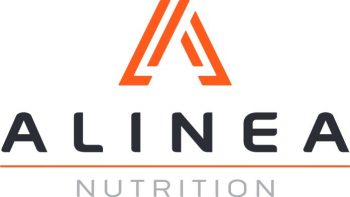*Geek Box: Omega-6’s and Hysteria
Linoleic acid is an 18-carbon polyunsaturated fatty acid with two double-bonds, with the first double-bond occurring in the 6th position in the chain, known as the ‘omega’. Thus, the fatty acid nomenclature that you will see written is 18:2n-6, and is more commonly referred to as ‘omega-6 fat’. LA commonly occurs in many vegetable oils, nuts, seeds, and whole grains. LA also has been found in industrialised food products, including baked goods, confectionary, and margarines and shortenings.
As early as the metabolic ward studies of the 1950s, it was evident that hydrogenation of vegetable oil fats had a negative effect on blood cholesterol levels. In a study published in the Lancet in 1956, Bronte-Stewart et al. (4) alternated between feeding participants natural groundnut oil and hydrogenated groundnut oil, and notice diametrically opposed effects of the same oil on blood cholesterol levels, based on whether the oil was hydrogenated: natural groundnut oil decreased cholesterol levels, while hydrogenated groundnut oil increased cholesterol significantly. With hindsight, we understand that the process of hydrogenation created trans-fats, however, the point is that from the perspective of cardiovascular health, this was technically evident as early as the 1950’s.
Nonetheless, with the food industry responding to public health recommendations to replace saturated fats with polyunsaturated fats, hydrogenation was ubiquitous at the time – a case of research not necessarily translating into industry, which remains an issue to this day. The result was that many foods nominally labelled as ‘PUFA’ or ‘omega-6’ in fact contained high amounts of trans-fats; omega-6 have been guilty by association ever since, with many of the claims made currently – of causing inflammation or increasing heart disease risk – stemming from research in the ‘60s where LA is confounded by trans-fats. This view of LA is ingrained in many areas of thinking, particularly ‘ancestral’ health circles who often emphasis ’natural fats’, i.e., animal fats, but seemingly not realising or acknowledging that LA is essential, or realising that it is as ’natural’ as any other fat found in nature.
